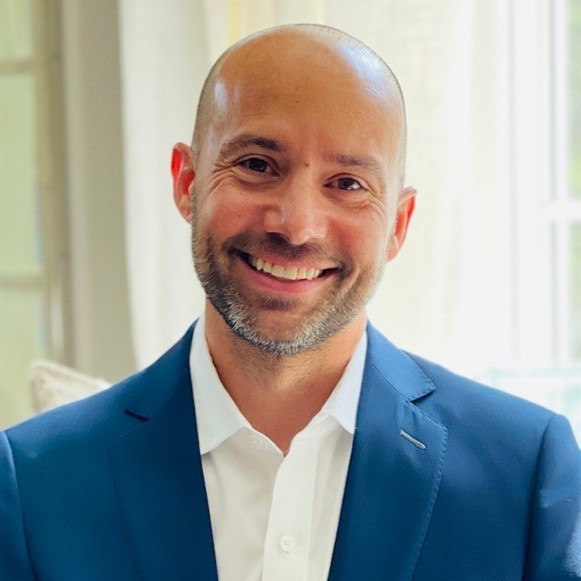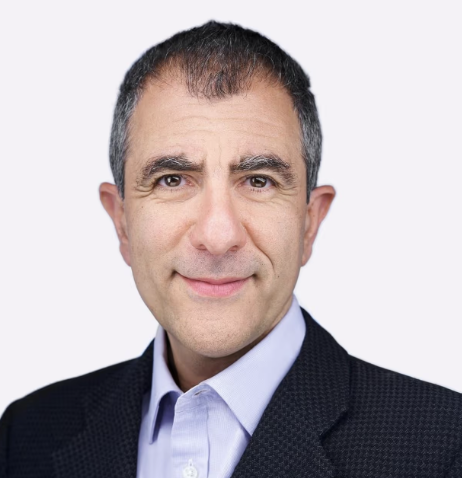Despite largely exiting oncology, Sanofi continues to reap the benefit of its multiple myeloma treatment Sarclisa.
The FDA on Friday approved the anti-CD38 treatment as a first-line option for patients who have been recently diagnosed but are not eligible for an autologous stem cell transplant. The French pharma said it’s the only CD38 blocker that’s been shown to reduce the risk of death when combined with standard of care compared to standard of care alone. That regimen is known as VRd because it’s a combination of Velcade, Revlimid and the corticosteroid dexamethasone.
The decision marks the third approval for Sarclisa and the first time it’s been given the green light to treat newly-diagnosed patients. Sarclisa was first approved in March 2020 as a third-line treatment in patients with relapsed or refractory multiple myeloma.
 Brian Foard
Brian Foard“Since first launching in 2020, we have made significant progress towards our ambition of establishing Sarclisa as a best-in-class therapy,” Brian Foard, Sanofi’s head of specialty care, said in a statement.
Sanofi’s Phase 3 data found the estimated progression-free survival rate at five years was 63.2% for patients receiving Sarclisa on top of VRd compared to 45.2% for patients who just received the standard of care. Nearly three-quarters of patients who received Sarclisa notched a complete response or better compared to 64.1% of patients who did not.
The safety profile in that trial is similar to the already known side effects of Sarclisa and VRd. The most frequent serious adverse event was pneumonia, which occurred in 30% of patients receiving Sarclisa, but more patients dropped out of the VRd-only arm due to side effects than those who received Sarclisa.
The treatment is being studied in a handful of other mid-to-late stage studies across six multiple myeloma indications, and Sanofi said it’s assessing a subcutaneous version as well. Sarclisa has fared well on the market so far, earning €227 million ($253 million) in the first half of the year, a 32% increase compared to the same period in 2023.
 Houman Ashrafian
Houman AshrafianDespite the drug’s early success and continued regulatory nods, Sanofi decided that oncology is no longer a priority when it comes to R&D spending. R&D head Houman Ashrafian said at a company R&D day at the end of last year that the company has “the right to win in oncology, but in a focused way.”
A large-scale restructuring of Sanofi’s R&D strategy went into effect earlier this year, with the company winding down some oncology-focused partnerships and early-stage assets. It also sold three T cell engagers acquired from Amunix to Vir Biotechnology in a transaction that closed earlier this month.